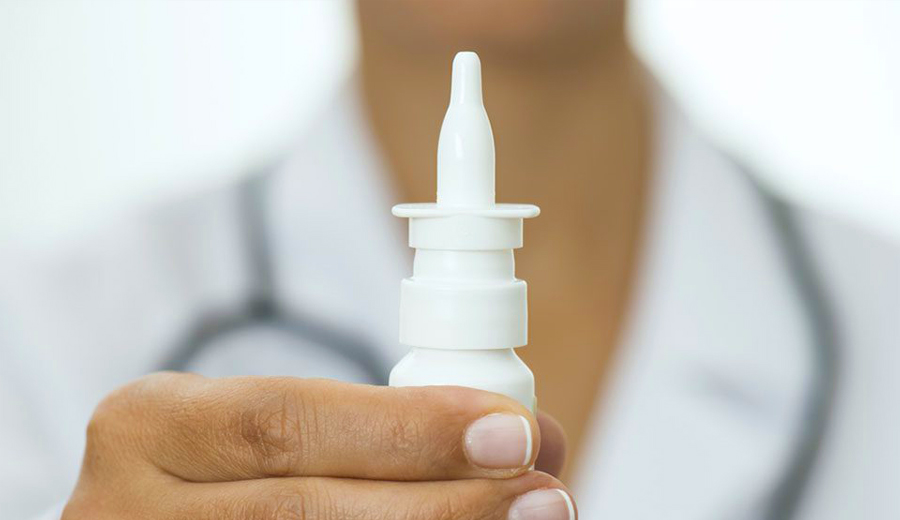Why Us?
Our highly experienced staff focuses on superior quality; evidence based and compassionate care with a patient-first philosophy.
NON INVASIVE
TMS therapy is non-invasive and does not use any medication.
NEW HOPE
New FDA-approved therapy for treatment-resistant depression.
MINIMAL SIDE-EFFECTS
TMS does not have the side effects associated with antidepressants.
RESTORE BALANCE
Restore and Reclaim your old self again.

Clinical Depression Treatment Services in Norwood, Massachusetts
At OBHI Clinical TMS, your mental health is our number one priority. Our facility features board-certified members of the American Psychiatric Association who have helped patients overcome their mental health issues for over 25 years. Using Transcranial Magnetic Stimulation (TMS), our clinic offers safe, effective treatment for clinical depression without medication, and with minimal side effects. TMS is a noninvasive, FDA-approved treatment for depression that uses magnetic pulses to stimulate the mood control center of the brain. TMS is a practical, established medical solution to treating patients struggling with Major Depressive Disorder. We are conveniently located on Route 1 (Providence Highway) off Interstate 95 with ample free car parking.
Watch our video to know how TMS can help fight depression
What to Expect During TMS Treatment ?
TMS treatment sessions are about 20 minutes long, done daily (M-F) in office for about 6 weeks.
You will be seated in a comfortable chair, some measurements may be taken and you will be provided with earplugs.
Your doctor will position the magnetic coil on your head and treatment will begin. You may feel a moderate tapping on your head under the treatment coil and you will remain awake and alert throughout treatment.
Following your session, you will be able to drive home and you can resume normal activities for the rest of the day.

Frequently Asked Questions (FAQ)
TMS is mainly used for treating major depressive disorder (MDD) and TRD (Treatment-Resistant Depression). Depression can have a significant impact on how you think, feel, and function in your daily life. While few people may find relief through self-help, therapy, medication, or a combination of these treatments, for others, the feeling of hopelessness or other depression symptoms never goes away. TMS therapy comes as a relief to patients who do not see any change in their depression symptoms even after undergoing various treatments.
● TMS therapy is non-invasive, well-tolerated, and does not require anesthesia.
● It is an outpatient service, and the patient can go about his or her daily activities as usual.
● TMS therapy can be a solution for patients who cannot use antidepressants.
● TMS therapy doesn’t cause memory loss.
● TMS is an FDA-cleared method of depression treatment.
TMS treatment is done as an outpatient procedure without sedation. Your doctor might check and calculate the intensity of the magnetic pulses to be sent before the session starts. A patient can go back home or work after the session.
When other treatment methods for depression fail to work, TMS therapy may be the right option. Pregnant women or people who are allergic to medications can opt for TMS therapy.
TMS therapy is not a painful procedure. The patient only feels a gentle tap of the magnetic pulses.
TMS therapy is safe and FDA-approved, and patients can resume normal activities soon after a session. Patients with cochlear implants might not eligible for TMS. You can always contact us and our team of doctors are available to help you decide if TMS is right for you.
Each TMS session lasts for up to 20-40 minutes, for a span of four to six weeks. Your doctor will examine your condition and decide for how long the treatment has to be continued.
There are minimal side effects of TMS like a headache, which usually goes away after the first few sessions.
rTMS is FDA-approved for treating TRD (Treatment-Resistant Depression) and MDD (Major Depressive Disorders). Other disorders which rTMS has been found helpful (not FDA approved) include anxiety disorders, OCD, cognitive disorders, PTSD, autism, Parkinsons disease.
TMS session is done in a doctor's clinic. During TMS treatment, the doctor will make you sit on a chair, give you earplugs, and then place a magnetic coil on your head. The coil is then used to deliver short electromagnetic pulses. Magnetic pulses pass easily through your skull, and aids in stimulating specific areas of your brain.
You will notice clicking sounds and a knocking, tapping, or tingling sensation in your head.
After TMS treatment, you can return to your normal routine, drive back to work or home.
Often TMS treatment is chosen when patients do not see any positive impact after undergoing other treatment modalities like counseling or oral medications. Also, pregnant women and people who are allergic to medications may not be able to take antidepressants. TMS therapy may be the best option in such situations.
Though TMS is not FDA-approved for treating anxiety, please feel free to contact our clinic or book an appointment with us to discuss your symptoms and also to look for treatment options.
No. TMS and ECT are both effective treatments for depression. Patients stay awake throughout the TMS session because no anesthesia is given. Patients can drive themselves home or work right after the operation because it is so safe.
ECT, on the other hand, is performed after giving anesthesia to the patient. The patient will experience seizures during the treatment procedure. After the procedure, patients must stay in the institution for a few hours.
TMS therapy has been proved to be a successful treatment for depression. Though it is not FDA-cleared for treating other mental health issues, you can always approach TMS for You to discuss the possible options in case you are suffering from any mental health condition.
No, there is no need for you to remain in the hospital after a TMS session. You may return to your normal activities after a TMS session. There is also no need for anyone to accompany you or drive you back home after the session.
Patients with cochlear implants are not eligible for undergoing TMS. Please contact us to discuss any pre-existing health conditions with our doctors.
Yes. TMS is covered by the majority of insurance companies. Medicare, United Healthcare, Blue Cross Blue Shield, Aetna, Cigna, Humana, Magellan, and Tricare are among the health insurers that fall under this category.
Follow-up sessions may be recommended every few weeks or months, depending on the patient's success, to ensure that the patient is responding well to the treatment modality.
Transcranial Magnetic Stimulation benefits patients who are suffering from Treatment-Resistant Depression and Major Depressive Disorders. It also benefits people who do not see any significant improvements from psychotherapy or antidepressants.
Latest Blog
Combining Transcranial Magnetic Stimulation (TMS) and Spravato for Treating Depression
Traditional depression medication, like serotonin-norepinephrine reuptake inhibitors (SNRIs) and serotonin reuptake inhibitors (SSRIs) have always been widely used to effectively treat mental health conditions.
TMS and Psychotherapy
Transcranial magnetic stimulation (TMS) non-invasively uses magnetic fields to stimulate nerve cells in the brain to reduce symptoms in mental health conditions.







